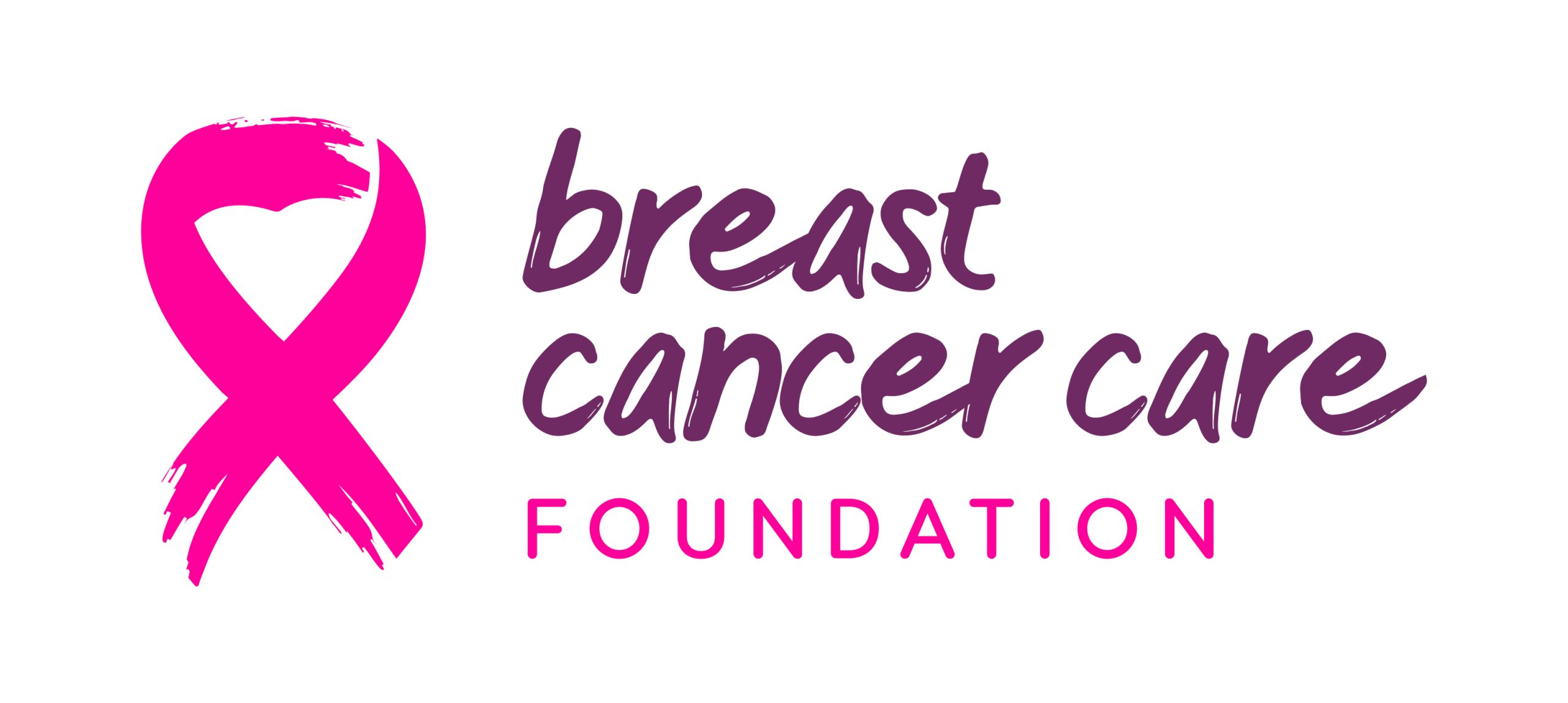Cancer is a disease characterized by the uncontrolled growth and spread of abnormal cells in the body. If not controlled, it can result in death.
The most common types of cancer worldwide include breast cancer, lung cancer, colorectal cancer, prostate cancer, and stomach cancer.
Cancer can be caused by a variety of factors, including genetic mutations, lifestyle factors (such as smoking, alcohol consumption, and diet), environmental exposures (such as radiation and chemicals), and infections.
Cancer is typically diagnosed through a combination of medical history, physical exams, imaging tests (such as X-rays, CT scans, and MRIs), lab tests (such as blood and urine tests), and biopsies.
Treatment options for cancer include surgery, radiation therapy, chemotherapy, targeted therapy, immunotherapy, and hormone therapy. The choice of treatment depends on the type and stage of cancer.
Cancer prevention strategies include avoiding tobacco use, maintaining a healthy weight, staying physically active, eating a healthy diet, limiting alcohol consumption, protecting skin from the sun, getting vaccinated against cancer-related infections, and undergoing regular screenings.
Breast cancer is a type of cancer that starts in the cells of the breast. It is the most common cancer in women worldwide, but it can also affect men.
Risk factors for breast cancer include age, family history, genetic mutations (such as BRCA1 and BRCA2), hormonal factors, personal history of breast cancer, radiation exposure, obesity, and alcohol consumption.
Symptoms of breast cancer can include a lump in the breast or underarm, changes in breast shape or size, dimpling or puckering of the skin, nipple discharge, and breast pain.
Breast cancer is diagnosed through breast exams, mammograms, ultrasounds, MRIs, and biopsies.
Treatment options for breast cancer include surgery (lumpectomy or mastectomy), radiation therapy, chemotherapy, hormone therapy, targeted therapy, and immunotherapy.
While there is no sure way to prevent breast cancer, risk reduction strategies include maintaining a healthy weight, staying physically active, limiting alcohol intake, avoiding smoking, breastfeeding, and considering preventive medications or surgery for those at high risk.
